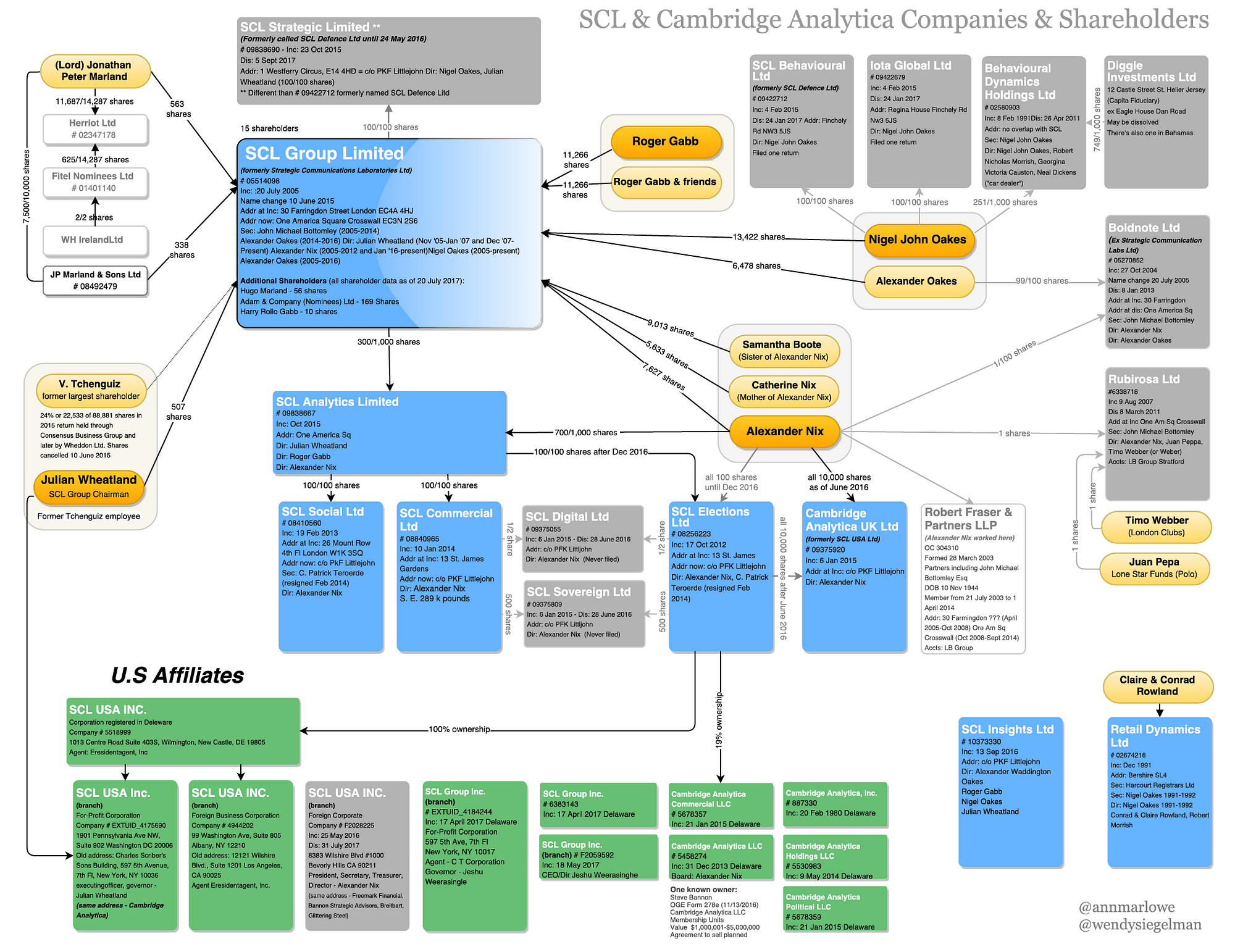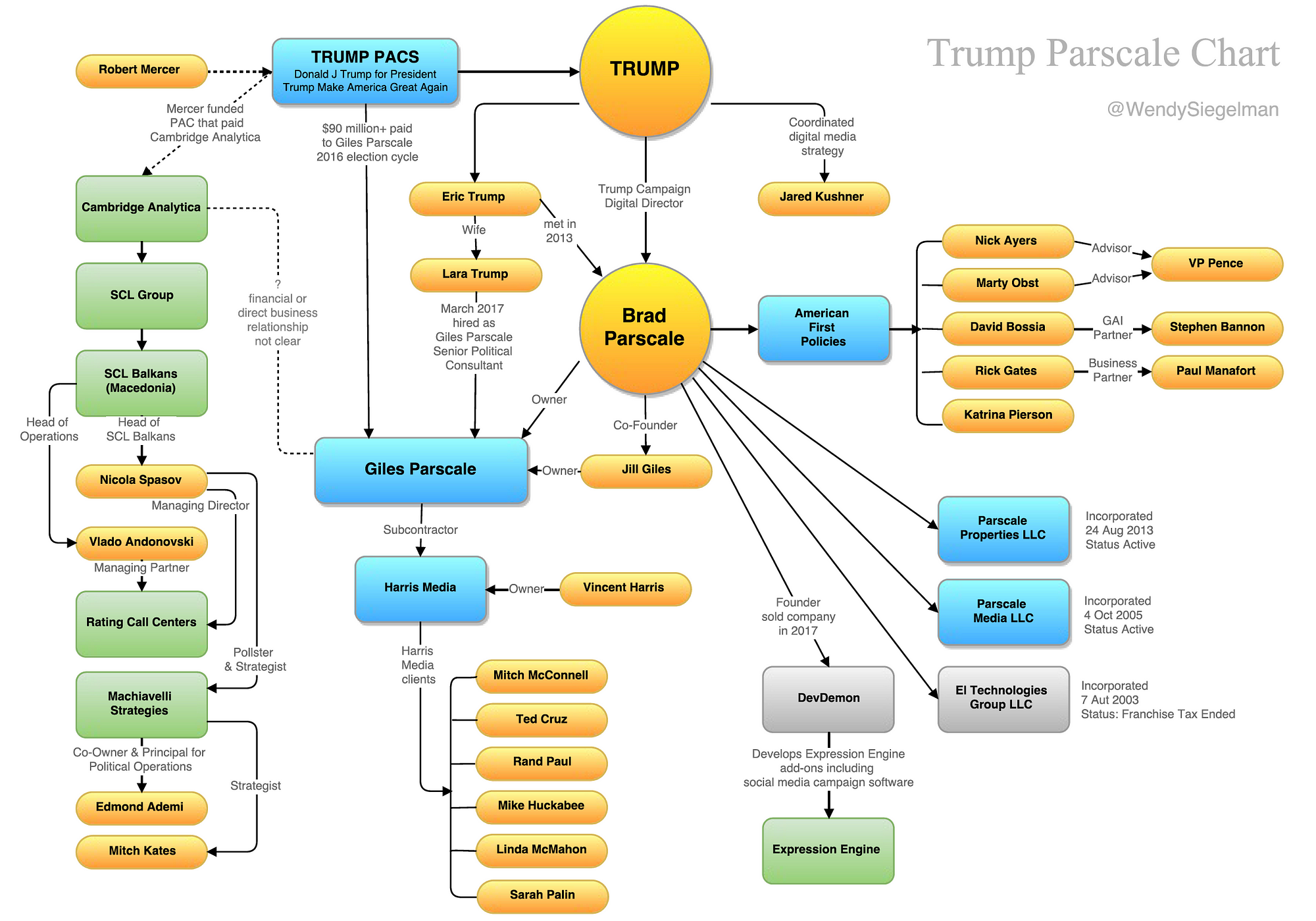
Mueller said quit yanking my chain, bytch :robertmuelllerumad:
:FBIMuellerLaugh:
@DonKnock @SJUGrad13 @88m3 @Menelik II @wire28 @smitty22 @Reality @fact @Hood Critic @ExodusNirvana @Blessed Is the Man @THE MACHINE @OneManGang @dtownreppin214 @JKFrazier @tmonster @blotter @BigMoneyGrip @Soymuscle Mike @Grano-Grano @.r. @GinaThatAintNoDamnPuppy! @Cali_livin








